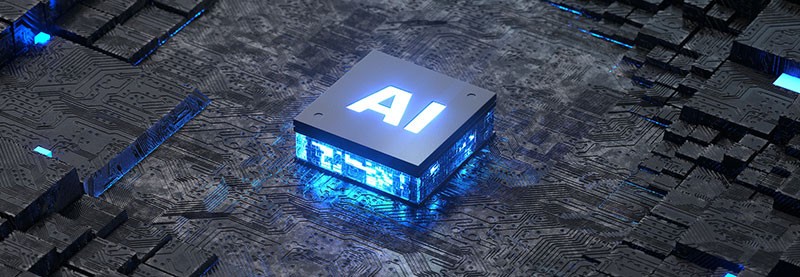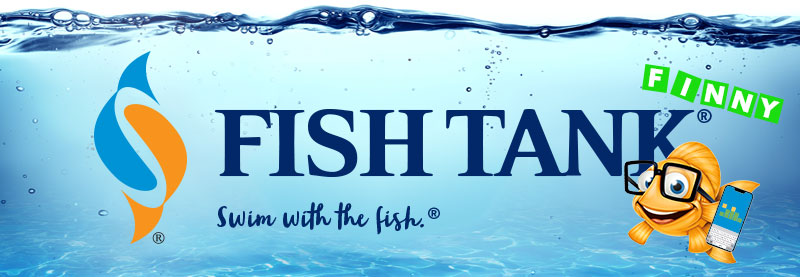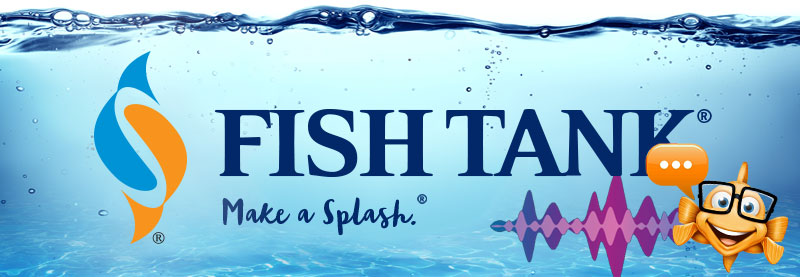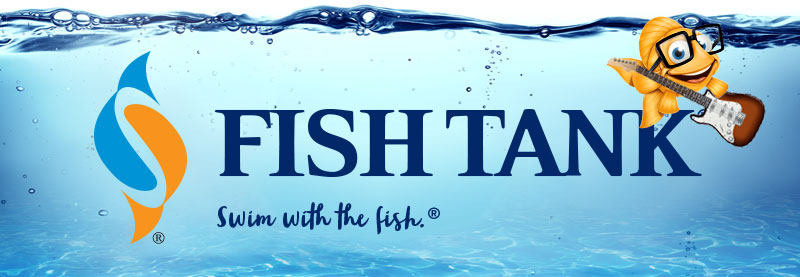Intellectual Property Insights from Fishman Stewart PLLC
Newsletter – Volume 23, Issue 11
Share on Social
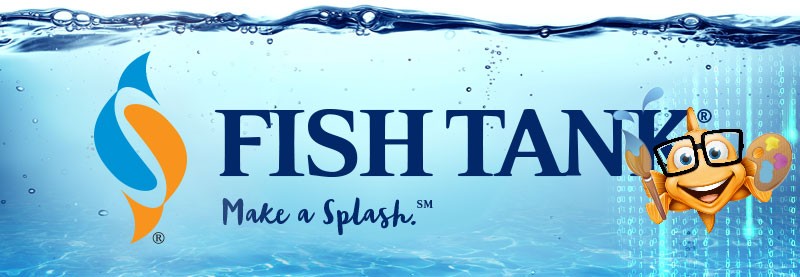
US Copyright Protection for AI-Generated Works
By Kristyn Webb
The US Copyright Office recently made headlines for partially revoking a copyright registration it previously issued for an AI-generated graphic novel. Artist Kristina Kashtanova used the Midjourney platform to create images that she included in her graphic novel called Zarya of the Dawn. Then, Kashtanova filed an application to register the copyright listing herself as the sole author of the work. The Copyright Office issued a registration, and shortly thereafter, Kashtanova posted on social media that she had obtained the first copyright registration for an AI-generated work.
The Copyright Office became aware of Kashtanova’s posts, reopened the case, and issued a new registration, covering only the materials created exclusively by Kashtanova: the text, and the selection and arrangement of the images and text. The individual images created by Midjourney were excluded from copyright protection because the Copyright Office determined that Kashtanova’s user prompts were insufficient to make her an “author” of the Midjourney image outputs. The Copyright Office reasoned that, unlike other tools used by artists, like Adobe Photoshop, a Midjourney user cannot control or predict the outputs that Midjourney will generate.
Kashtanova has hinted at plans to appeal the Copyright Office’s decision. If so, the federal court hearing the matter will have to decide whether it agrees with Kashtanova, and that Midjourney is no different from any other artistic tool. After all, the element of randomness and unpredictability in the creative process has not resulted in forfeiture of copyright protection in other mediums, like a Jackson Pollock painting, or the Zapruder film. Or the federal court may side with the Copyright Office and find that whatever creativity there is in the output comes from the AI machine, rather than the human user. Regardless of which side the court chooses, the outcome will have profound effects on the legal protection available for AI-generated artwork.
Since issuing its decision in Kashtanova’s case, the Copyright Office has issued guidance on registration of AI-generated content. In short, the Copyright Office recognizes that some AI-generated content may attract copyright protection where there is sufficient human involvement in the creative process, but that copyright protection will only extend to the human-authored aspects of the work. Further, any AI-generated content must be disclosed and disclaimed in the application process before the Copyright Office, or if a registration has already issued, a supplementary registration should be filed.
We will keep you updated as these areas of law and technology develop.
Kristyn Webb is the Group Leader of Fishman Stewart’s Copyright Practice Group, and is currently earning a Master’s Degree in Copyright Law at King’s College London.

Related Content from Fishman Stewart
Car enthusiasts are buzzing about Alfa Romeo's latest SUV which is also its first EV (plus a hybrid option). Initially branded as “Milano,” the name was changed to "Junior" after it was announced that the car would be produced in Poland.
The online word game Wordle was created in 2021 by Josh Wardle and quickly rose in popularity. Players receive a new puzzle daily with six chances to correctly guess a five-letter word of the day with limited clues.
In a recent decision, the U.S. Court of Appeal for the Eighth Circuit affirmed a jury verdict holding that the use of the "Success Kid" meme by a congressman's reelection campaign for fundraising purposes did not qualify as fair use.
In February 2024, proposed legislation was introduced in US House of Representatives which would extend copyright protection to golf courses. The bill is titled “Bolstering Intellectual Rights against Digital Infringement Enhancement Act” or the “BIRDIE Act”.
OpenAI recently held a live demonstration of a new ChatGPT version that included the use of an AI personal assistant voice dubbed “Sky.” Many observers compared Sky to Scarlett Johansson’s voice in the 2013 Spike Jonze romantic sci-fi film “Her,” which centers on a man who falls in love with the female voice of his computer’s operating system.
June is Pride Month, which honors the 1969 Stonewall Uprising in Manhattan and recognizes the impact that lesbian, gay, bisexual, and transgender (LGBTQ+) individuals have had on history locally, nationally, and internationally. The United States Patent and Trademark Office flies the Pride Flag and promotes the Pride community’s contributions with programming offered annually.
First-time inventions have led inventors to great successes throughout history, sometimes immediately, sometimes after several more attempts at more useful inventions. In the U.S., two very famous inventors with contrasting first-time experiences are Thomas Edison and Alexander Graham Bell.
June is Pride Month. This year we are celebrating with some IP tips for drag performers! Drag performers can protect their intellectual property by registering the copyrights in their original works of music, choreography, and comedy sketches.
Bands often start out as creative endeavors among friends, and bands may not prove lucrative for many years, if at all. Until bands break up, thought and planning may not be given to who is the owner of the band names and entitled to use them going forward.
You’re rarely more than a few yards from Finny’s favorite chips, semiconductor chips to be precise. But what exactly is a semiconductor chip?
IDENTIFYING, SECURING AND ADVANCING CREATIVITY®


